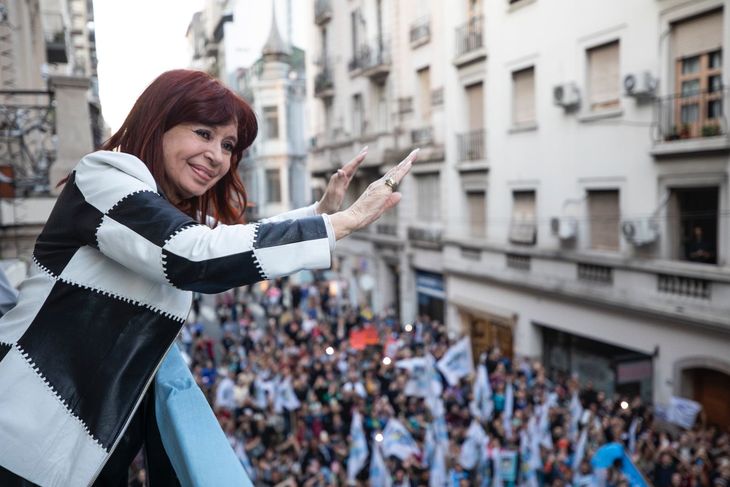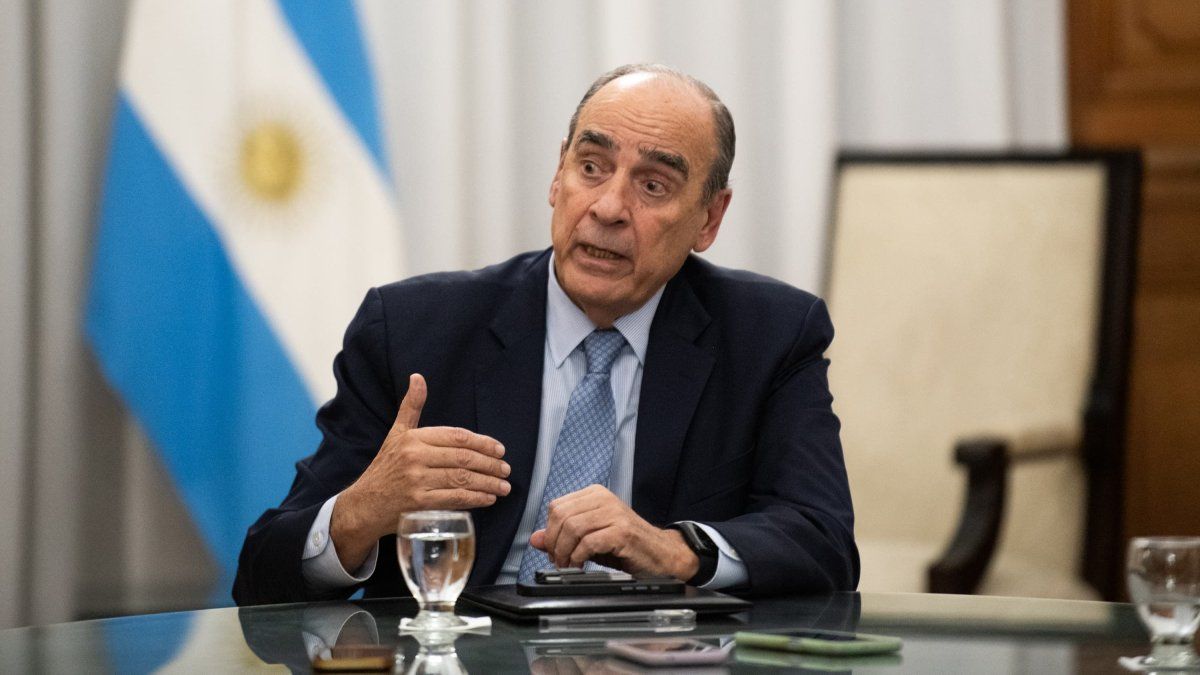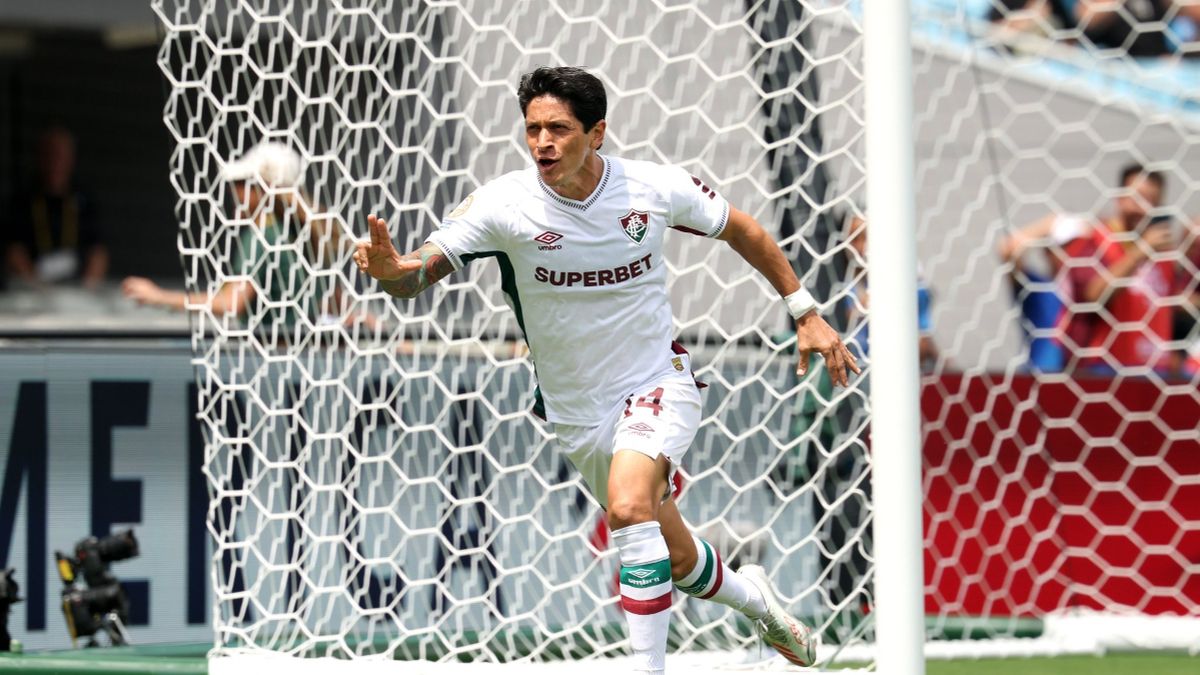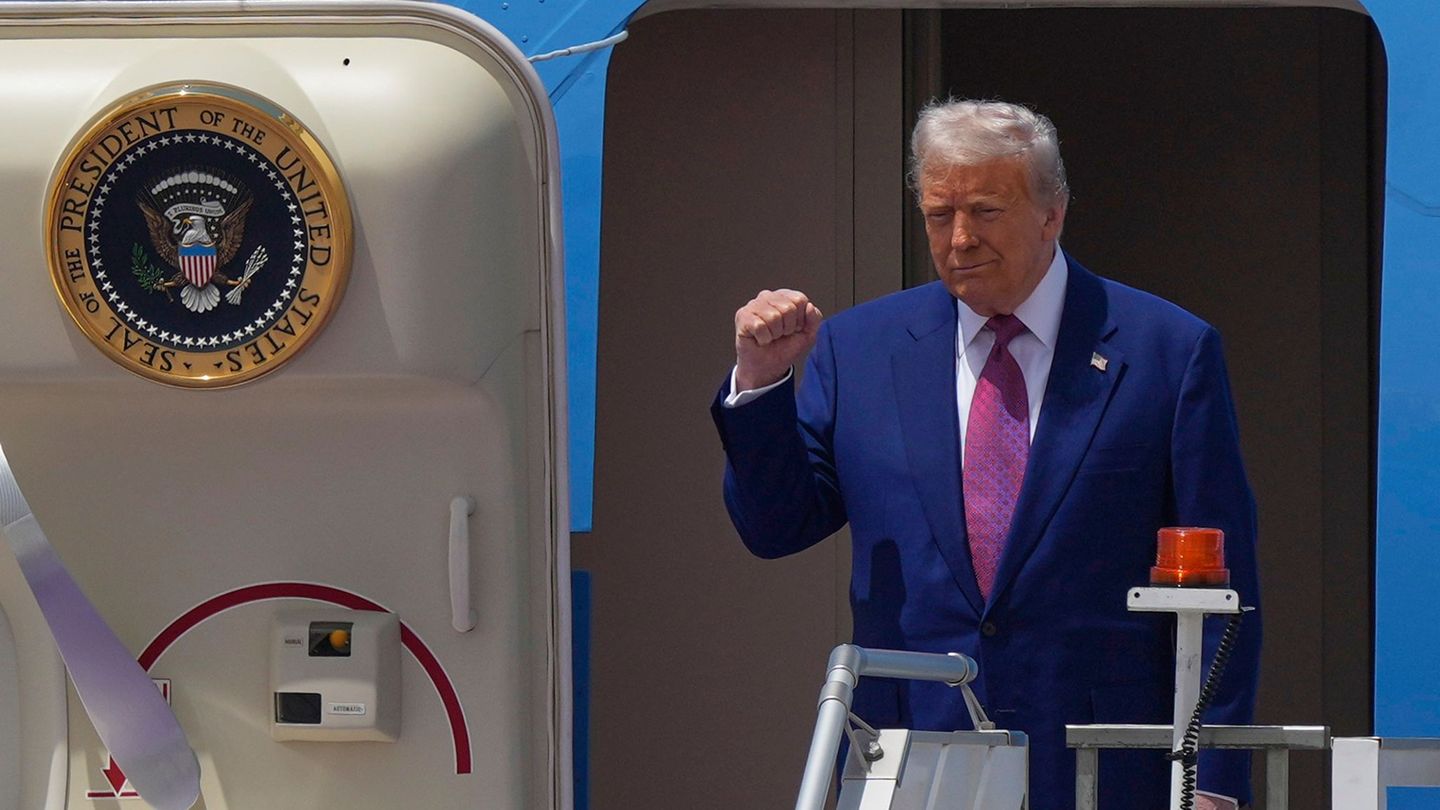“A kind of ghost train was seen, political figures responsible for the problems of education”he said in statements to La Red. In this context, he stated that “the Government is not worried about losing image points because it is convinced” of the direction of the management.
Despite the massive call that was seen in the streets, the official stressed that the ruling party is not going to “admit any expense that does not have financing.” “If they want to insist on the issue, the position will always be the same”held.
Along the same lines, Francos pointed out: “We have to see what people think about political use of this.”
Federal University March
Thousands of protesters march against the veto on educational financing.
Mariano Fuchila
After the massive march, the Government vetoed the University Financing law
After the massive federal university march, he Government published he veto to the University Financing Law under the argument of wanting to “harm the government politically” and the fiscal balance, by expanding unforeseen budget items. Earlier, in a statement, the Executive accused political leaders of the opposition who attended the protest to conform “a new populist left front”.
Through the decree 879/2024, the president Javier Milei moved forward with rejection of the regulations sanctioned by Congress, which aimed to increase the budget of the university sector and the salaries of teaching and non-teaching workers. The measure was supported by a good part of civil society.
The text published in the Official Gazette indicates that “the bill under analysis does not intend to defend or guarantee the protection and maintenance of the financing of the National Universities, but instead seeks to harm the government politically.” Furthermore, it denounces that “it is manifestly violative of the current legal framework, since it does not contemplate the fiscal impact of the measure nor does it determine the source of its financing.”
In another part of the document, the Government justifies the veto to “limit the discretion of the National Legislative Power, which must act with institutional sensibility, in a responsible manner, taking care not to issue provisions whose application is inconvenient for public accounts, or that contradict the projection of income and distribution of expenses foreseen in the National Budget”.
The main opposition figures who participated in the second university march
One of the leaders who joined the mobilization was Horacio Rodríguez Larretawho demanded that the Government “listen to the message” of the citizens and “not move forward” with the veto of the University Financing Law.
From the Patria Institute it appeared Cristina Kirchnerwho spoke out against the already announced presidential veto. “My old man was a worker, then he was a merchant, always very hardworking, my mother too. And she had a daughter who was a lawyer, another a doctor, and well that is upward social mobility,” said the former president.
Cristina Kirchner university march.jpeg

Cristina Kirchner greeted the protesters.
Other Peronist leaders present at the mobilization in front of Congress were Ricardo Quintela, Victoria Tolosa Paz, Mayra Mendoza, Eduardo ‘Wado’ de Pedro, Mariano Recalde, Horacio Pietragalla and Lucía Cámpora.
The former presidential candidate Sergio Massa was also present among the student crowd, as well as the leader Juan Grabois and Myriam Bregman.
In addition to La Cámpora and leftist groups, the presence of radicalism was notable, with the participation of Martín Lousteau, Maximiliano Abad, Facundo Manes, Luis Naidenoff, Pablo Blanco, Martín Ocampo and Emiliano Yacobittivice-rector of the University of Buenos Aires (UBA).
Source: Ambito




